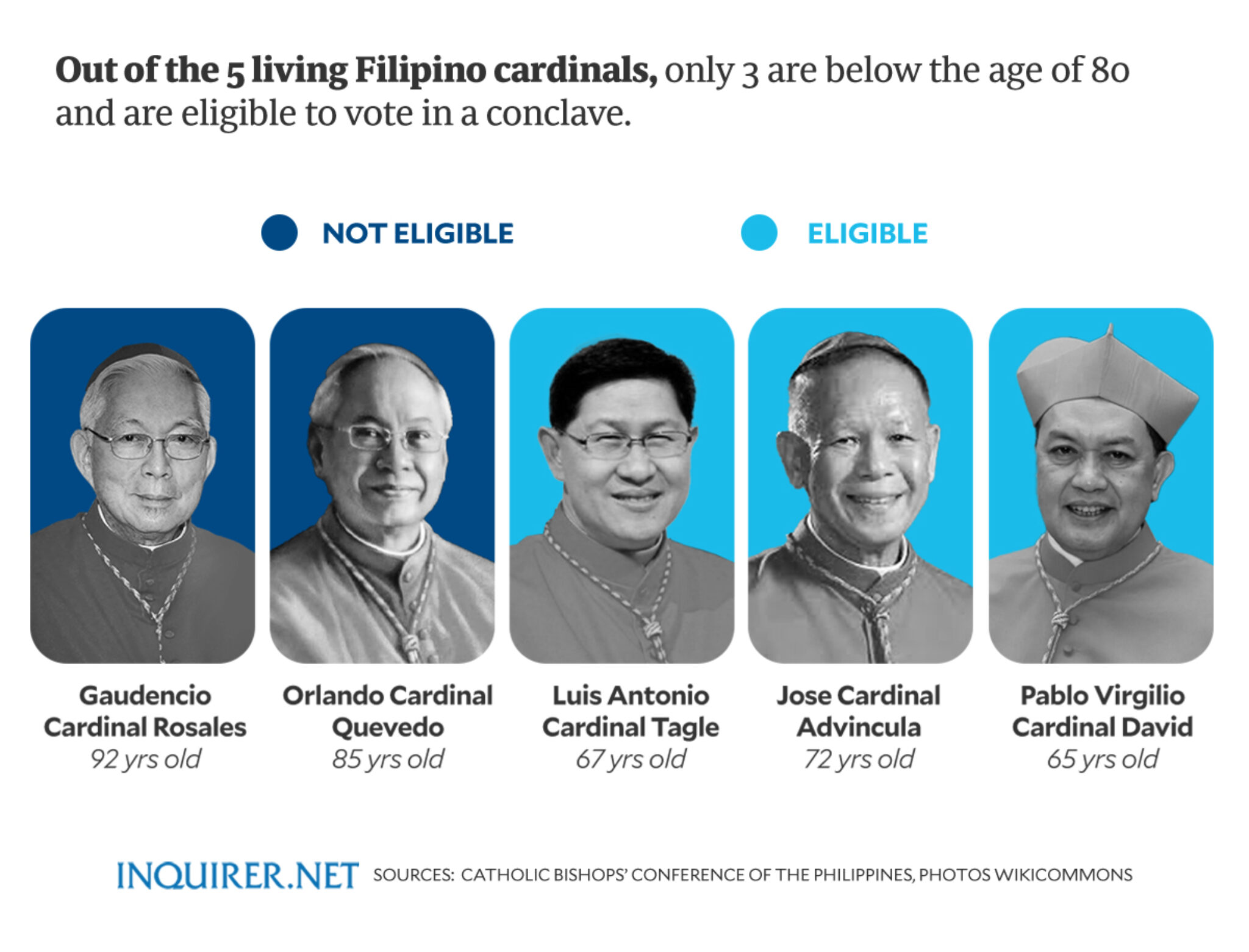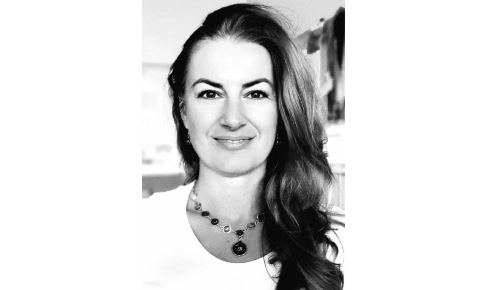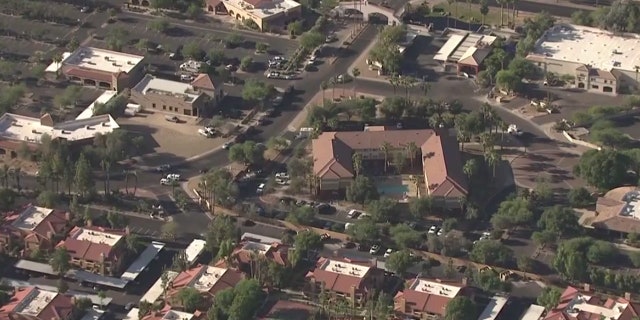Understanding The Conclave: The Process Of Selecting The Pope

Table of Contents
The History and Evolution of the Papal Conclave
The history of papal elections is a long and fascinating journey, marked by significant changes and reforms over the centuries. Early methods were often chaotic and prone to political influence, with emperors and powerful families exerting considerable sway. The process evolved gradually, with attempts to introduce more structured and transparent procedures.
The introduction of the conclave system, a more formal process of electing the Pope, marked a crucial turning point. This system aimed to minimize outside interference and ensure a more deliberate selection. However, even within the conclave system, challenges persisted. Some conclaves lasted for extended periods, leading to protracted periods of vacancy in the papacy. Contested elections also occurred, highlighting the complexities inherent in the process.
- Early methods of papal selection: Often involved factions within the clergy and significant external political influence.
- The introduction of the conclave system: Aimed to create a more controlled and secluded environment for the election. This involved confining the cardinal electors to a specific location.
- Key reforms in the 20th and 21st centuries: Most notably, Universi Dominici Gregis, promulgated by Pope John Paul II in 1996, codified many of the existing practices and clarified several ambiguities.
- Notable historical examples: The long conclave of 1268-1271, which lasted almost three years, and the contested election of 1159, highlight the challenges in the process throughout history.
The Role of Cardinals in the Papal Conclave
The Cardinals are central figures in the Papal Conclave; they are the electors who choose the next Pope. Their role is immensely significant, and the process of becoming a Cardinal is itself a carefully considered one. Only Cardinals under the age of 80 are eligible to participate as electors in the Conclave, ensuring a balance between experience and vigor.
- Cardinal electors vs. non-electors: Only cardinals under 80 at the time of the Pope's death are eligible to vote. Those over 80 are considered non-electors and participate in preparatory liturgical ceremonies but not the actual voting.
- The role of the Cardinal Dean: The Cardinal Dean presides over many aspects of the pre-conclave and conclave proceedings and manages the process itself.
- The responsibilities of the cardinals during the Conclave: Their primary responsibility is to prayerfully and conscientiously elect a new Pope who will serve the Church effectively. This involves deliberation, discussion, and voting.
The Stages of the Papal Conclave
The Papal Conclave is not a spontaneous event. It's preceded by a period known as sede vacante (the vacant see), during which the Church is without a Pope. During this time, preparations for the Conclave begin, including the summoning of the cardinals and the preparation of the Sistine Chapel.
- Seclusion and security measures within the Sistine Chapel: Strict measures are put in place to ensure secrecy and prevent external interference. The cardinals live and vote in seclusion during the conclave.
- The voting process (ballots, two-thirds majority requirement): Secret ballots are used, and a two-thirds majority is required for a valid election. Multiple rounds of voting may occur.
- The burning of ballots and the significance of the smoke signals (black vs. white): Black smoke signals indicate that no Pope has been elected, while white smoke signifies a successful election.
- The formal announcement of the newly elected Pope (Habemus Papam!): This Latin phrase, meaning "We have a Pope!", is proclaimed from the balcony of St. Peter's Basilica to the world.
Understanding the "Habemus Papam" Announcement
The announcement of "Habemus Papam!" is a moment of great significance, marking the culmination of the Conclave. It's not merely a declaration; it’s a formal pronouncement that initiates a new papacy.
- The meaning and history of "Habemus Papam!": This phrase has been used for centuries to announce the election of a new Pope.
- The balcony appearance and the Pope's first blessing (Urbi et Orbi): The newly elected Pope appears on the balcony of St. Peter's Basilica to give his first blessing to the city (Urbi) and the world (et Orbi).
Modern Challenges and Reforms in the Conclave Process
The Conclave, like the Church itself, faces modern challenges. Globalization and the changing demographics of the College of Cardinals have introduced new complexities. There have been calls for greater transparency, with some suggesting that the process could benefit from increased public involvement.
- Calls for greater transparency and public involvement: Some argue for more open communication during the Conclave, though secrecy remains a crucial element.
- Challenges of electing a Pope in a globalized world: The Church needs to consider the perspectives and needs of a globalized, diverse world in the selection of the Pope.
- Potential future reforms to the Conclave process: While the process remains largely unchanged, minor adjustments may occur to ensure its continued relevance and efficiency.
Conclusion
Understanding the Conclave provides crucial insight into the complex yet fascinating process of selecting the Pope. From its historical roots to its modern-day intricacies, the Conclave's procedures ensure a thoughtful and prayerful selection of the leader of the Catholic Church. By understanding the roles of the Cardinals, the stages of the Conclave, and the significance of the "Habemus Papam!" announcement, we gain a deeper appreciation for this unique and important event. To learn more about the intricacies of this fascinating process, further research into the history of the Papal Conclave is encouraged, deepening your understanding of the process of electing the Pope.

Featured Posts
-
 Cavaliers Clinch Top Seed In Eastern Conference
May 07, 2025
Cavaliers Clinch Top Seed In Eastern Conference
May 07, 2025 -
 Svetovy Pohar 2028 Perspektivy Pre Slovensko A Mozny Navrat Ruska
May 07, 2025
Svetovy Pohar 2028 Perspektivy Pre Slovensko A Mozny Navrat Ruska
May 07, 2025 -
 Shooting At Arizona Restaurant Results In Multiple Injuries
May 07, 2025
Shooting At Arizona Restaurant Results In Multiple Injuries
May 07, 2025 -
 Cem Karaca Anadolu Nun Sesi Bati Nin Notalari
May 07, 2025
Cem Karaca Anadolu Nun Sesi Bati Nin Notalari
May 07, 2025 -
 Zendayas Parents And Siblings Rare Glimpses Into A Close Knit Family
May 07, 2025
Zendayas Parents And Siblings Rare Glimpses Into A Close Knit Family
May 07, 2025
